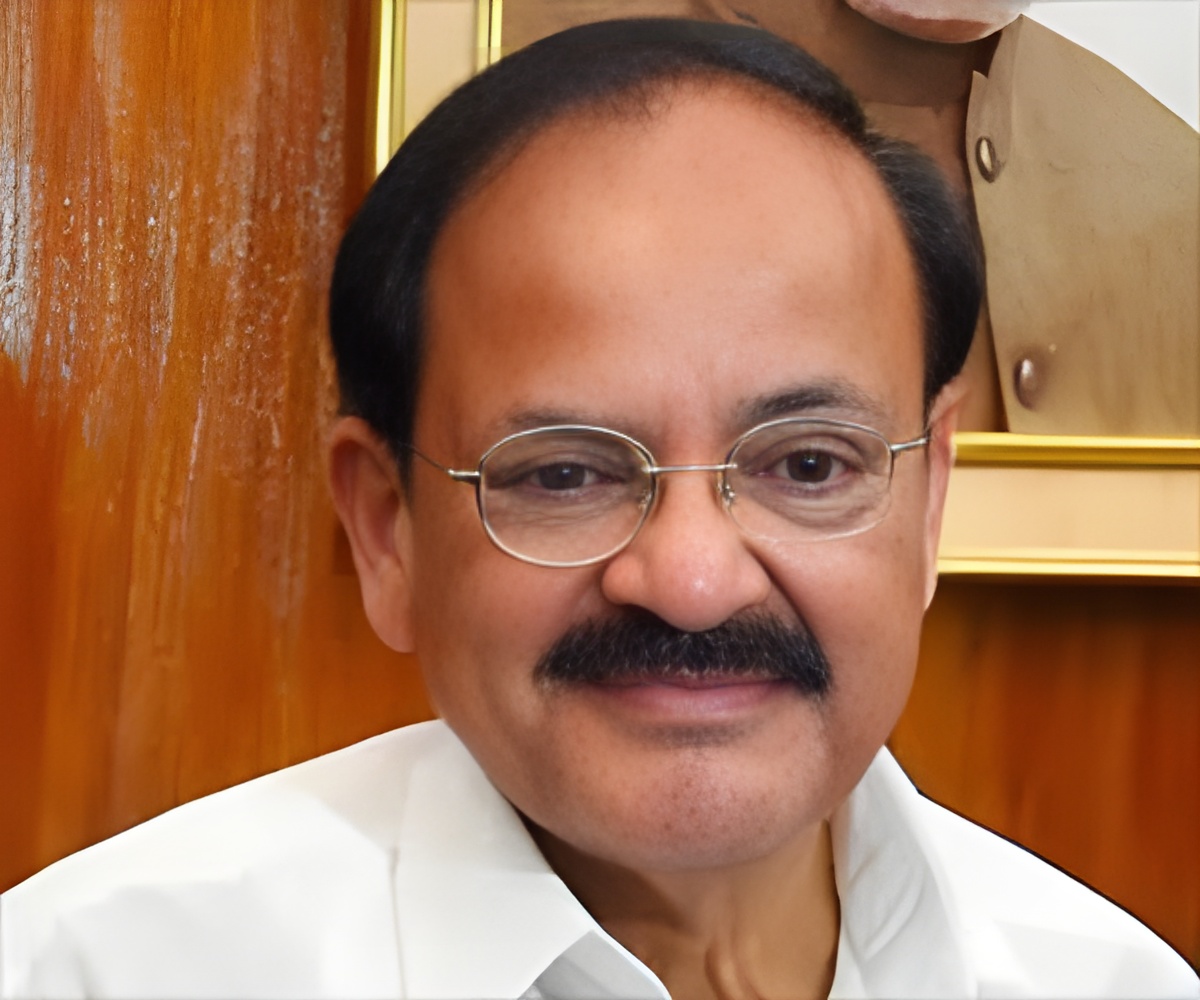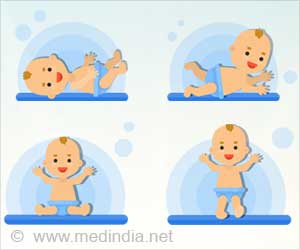Vice President Venkaiah Naidu told that young Doctors need to uphold medical ethics and treat every patient with compassion and empathy.

‘Vice President Venkaiah Naidu while addressing young doctors at the 46th Annual Convocation of the All India Institute of Medical Sciences told that only the doctors could provide the healing touch to the ailing humanity and they alone can make the difference between life and death.
’





While addressing young doctors at the 46th Annual Convocation of the All India Institute of Medical Sciences (AIIMS) here, he stated that medical education had undergone a paradigm shift from classroom-based teaching to self-directed small group learning using principles of adult learning. "The traditional methods of learning have evolved into competency-based learning to ensure that trainees acquire all essential skills before licensure. The curriculum in medical education needs to be constantly upgraded in tune with the latest advancements," Naidu stated.
Citing a report, Naidu said that India has only 1.1 beds per 1000 population compared to the world average of 2.7.
"Seventy percent of India's health care infrastructure is in the top 20 cities. We have to make quality healthcare accessible and affordable. There is also a significant urban-rural divide, and we have to bridge this gap in providing state-of-the-art healthcare services," he added.
Naidu also pointed out that India faces a 'paradoxical' situation in the health sector and the same treatment should reach all citizens.
Advertisement
At the convocation, Naidu presented the Lifetime Achievement Awards to Dr. A. K. Saraya, Dr. Samira Nundy, Dr. Kamal Buckshee, and Dr. Gomathy Gopinath. He also presented gold medals and certificates to 31 medical students who have achieved highest merit.
Advertisement









